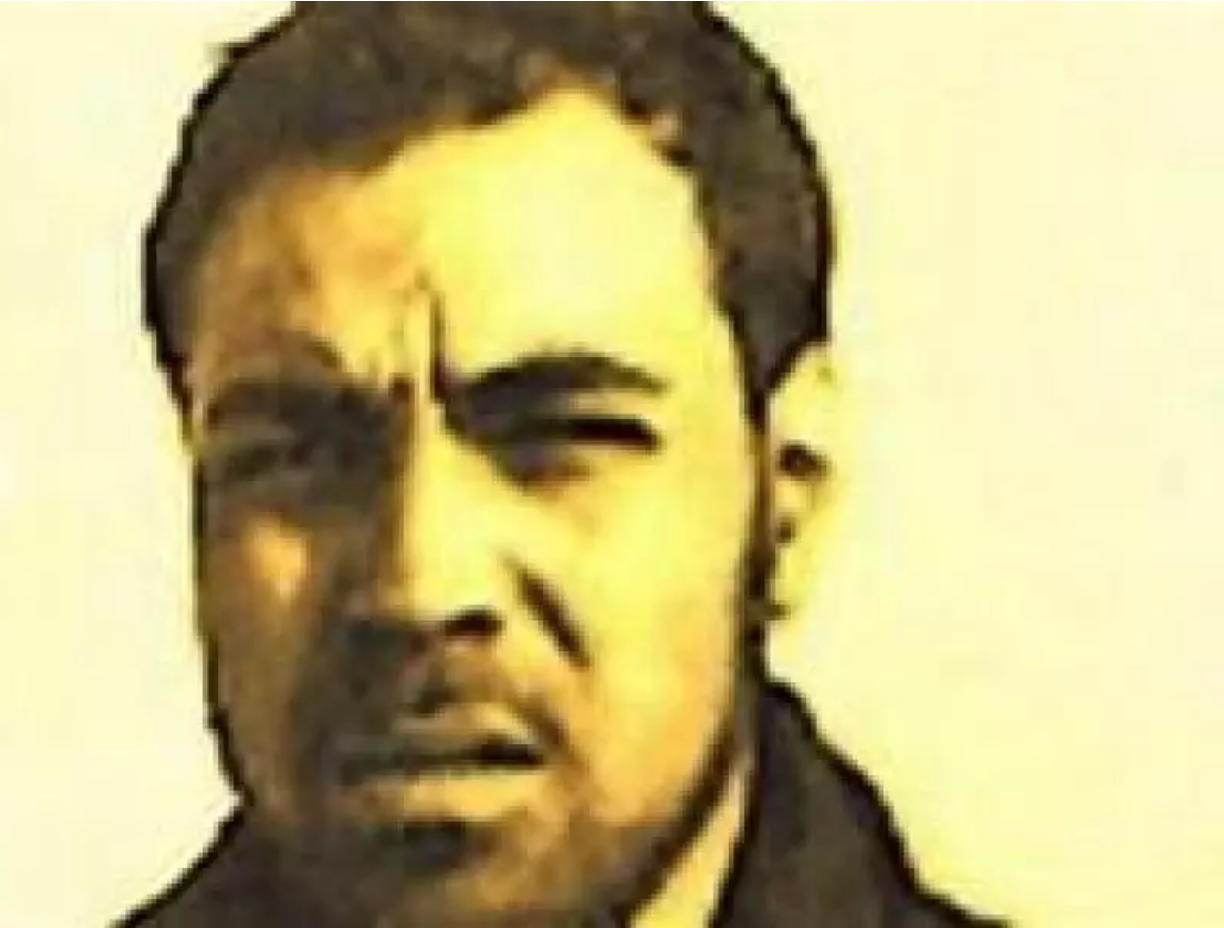
June 17 marks the fifty-fourth anniversary of the historic “Zemla Uprising” (Intifada) led by the Saharawi people, which is considered an important turning point in the liberation struggle of the Saharawi people and a stain of shame on the forehead of the Spanish colonialists, who are responsible for all this suffering that our people have been suffering since its occupation of Western Sahara and the cowardly withdrawal without allowing the Saharawis to decide their own destiny.
On this day in 1970, the Vanguard Movement for the Liberation of Saguia Al-Hamra and Río de Oro, led by the late Mohammad Sidbrahim Bassiri, announced its rejection of Spanish attempts to consider Western Sahara as a Spanish province. The Saharawis gathered in tents intended to discuss the Saharawi proposal and join the ranks of the organisation, facing the propaganda and colonialist temptations aimed at seducing as many citizens as possible to a celebration in the Africa Square, in the centre of the city of El Ayoun. However, only a few attended that act, forced by coercion or threat.
Bassiri opted for the work of the Movement to be peaceful by presenting a memorandum to the Spanish party that included the demands of the movement. In a second stage, force would be used if peaceful solutions were rejected. For this reason, Bassiri contacted the Saharawi students, especially in the city of El Aaiún, using the “religious” discourse as a means to confront the Western colonialists, while the objective was political, which was to create a Saharawi consensus to expel Spanish colonialism.
The Spaniards refused to negotiate with the Movement and insisted on the holding of its events and the need for Bassiri’s sympathizers to join them. However, the Saharawi nationalist leader and his comrades refused to do so, leading to clashes breaking out on the afternoon of 17 June 1970, in which the Spanish colonisers used live ammunition and random arrests after being sure of the Saharawis’ insistence on their legitimate demands.
The event caused numerous injured among the Saharawi and cases of arrests, in addition to Bassiri being captured the morning of June 18 at Mussa Lebsir’s house in the Zamla neighborhood. He entered the central prison of the city of El Aaiún, from which no one knows if he has come out and in which his trace was lost, and his whereabouts is still unknown despite the persistent attempts to discover it. Unfortunately, the Spanish State has kept silent about his destination during the last fifty-four years, despite some unconfirmed information, of which one stands out provided by a Saharawi captain, who was part of the Spanish army at that time. The soldier of Saharawi origin, who accompanied the patrol that carried him as a translator for communication between Bassiri and his jailers, confirmed that he had witnessed his execution by firing squad northwest of the city of El Ayoun, several kilometres away, in an area called “Draa”.
The historic “Zamla Uprising” or “Zemla Intifada”, as the Saharawis call it, is considered a turning point in the history of the Saharawi people, as it was there that the idea of revolution and liberation from colonial rule crystallised, in addition to being the true framework for the political thought that was later adopted by the Popular Front for the Liberation of Saguia Al-Hamra and Río de Oro (Polisario Front).
The Saharawi people commemorate this historic event every 17 June to remember the virtues of that loyal man who presented the most extraordinary example of patriotism and conviction, Mohamed Sidbrahim Bassiri.
The historic Zamla Intifada represented an exceptional and significant event in the long road of Saharawi resistance against various forms of colonialism and tyranny. Its distinction lies in the fact that, on the one hand, it constituted the first organized political demonstration framed by an integral Saharawi national consciousness and, on the other, it was considered a prelude to the beginning of a profound and radical transformation in the history of the Saharawi people and the region in general, which culminated in the foundation of the Polisario Front and the outbreak of armed struggle on May 20, 1973 against the colonial presence in our country.
Source: Sahara Press Service.